The month started with my favourite novel of the year and continued to produce excellent reads—read on for my recommendations.
Last month, for me, was dominated by writing rather than reading—I was hard at work on the next draft of my novel, so I let some other things slide (including blogging). But I did find time to read a few excellent books, including an explanation of the breakup of Yugoslavia and a meditative Norwegian novel written in a single sentence.
Burntcoat by Sarah Hall
This was a truly beautiful novel, and I’d strongly recommend it if you’re into literary fiction that combines stunning prose with compelling characters and an emotionally affecting storyline. A fictionalised version of the COVID pandemic is part of the book, but it’s also about love, creativity, grief and so much more. Thanks to Jacqui for recommending it to me, and please read her review to learn more about this wonderful book.
To Kill a Nation by Michael Parenti
If you’ve been paying attention to international affairs, it shouldn’t surprise you to learn that the Western narrative about the breakup of Yugoslavia was not entirely reliable. The extent of US and European involvement in dismembering Yugoslavia, however, is quite shocking.
Parenti documents in great detail how, amid a false narrative of being neutral observers intervening reluctantly to stop ethnic cleansing, the West was in fact fuelling the conflict at every opportunity. The goal was to convert a powerful socialist competitor into a patchwork of small, weak states that could be easily controlled, and the mission was accomplished. He doesn’t diminish the responsibility of the murderous leaders of each faction, but he does shed light on an aspect of the conflict that is still largely unknown.
The Flaw by Antonis Samarakis
I bought this book over the summer in Chania, Crete, and it was another good read for me this month. The novel is set in an unnamed country that bears a strong resemblance to Greece, and it tells the story of an operation by the secret police to trick a man into confessing his involvement in a plot against the repressive regime. The police keep talking about how perfect their plan is, but the title of the novel suggests otherwise.
Of Saints and Miracles by Manuel Astur
More literary fiction, this time from Spain. Of Saints and Miracles tells the story of Marcelino, a farmer who kills his brother and flees into the mountains to evade the ensuing manhunt. While telling us the tale of Marcelino, Astur also weaves in all kinds of local stories and fables from this world of remote mountain villages and rugged survival in an often hostile physical and political landscape.
The Other Name by Jon Fosse
And now we get to the Norwegian novel written in a single sentence. To be more accurate, it’s parts 1 and 2 of a seven-part novel written in a single sentence. To make things even harder, it’s all the internal monologue of a middle-aged painter called Asle doing not very much in the present day but letting his mind range widely over experiences past and imagined. And there’s another character also called Asle who is referred to as a friend but seems more like a doppelganger, or a past version or an alternative life perhaps of Asle himself. And there are other characters with very similar names (Ales, Åsleik, etc.), who also have duplicate versions of themselves. I struggled with it at first, but once I accepted what was happening (or not happening) and got into the repetitive, mesmerising, wave-like rhythm of the prose, I found myself unexpectedly loving it. Thanks to Dolce Bellezza for the recommendation.
How Was Your Reading Month?
Let me know what you’ve been reading lately and whether you’d recommend it.
Also, you may have noticed that the images in this post link to The StoryGraph, which is a site I’ve been thinking of trying as a cleaner, Amazon-free alternative to Goodreads. Have you tried it? Would you recommend it? Please let me know in the comments below.
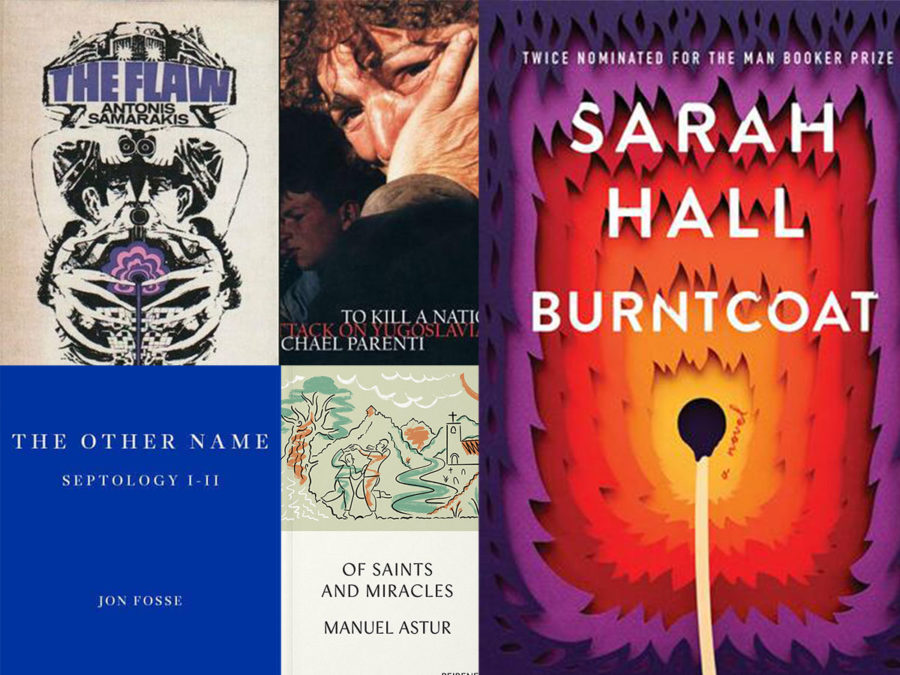
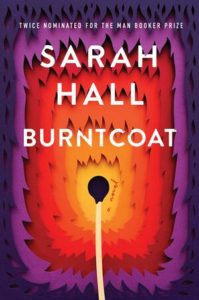
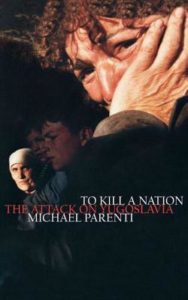
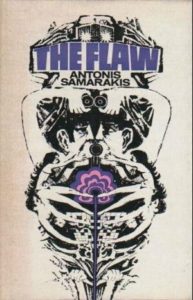
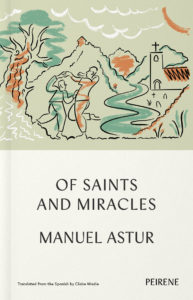
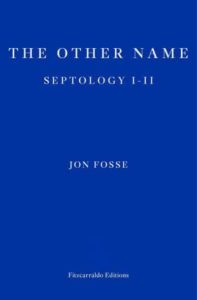



There are 16 comments
A good month of reading for you! I am not surprised to learn how much the US was involved in the break up of Yugoslavia. The US has it’s fingers in everything they find the least threatening when a country might be able to resist neoliberal capitalism. It makes me sick, especially since there’s not a heck of a lot I can actually do about it.
Curious, what is the point of writing a novel in one sentence other than it being a sort of gimmick?
I hope your novel writing is going well!
Yes, good question: the single-sentence thing made it really difficult to read. I kept starting late at night and just getting completely lost – I must have read the first ten pages about five times! But then I read the book over a weekend when I had more time and energy and could get into it, and I found the style very effective.
I think the advantage of it is that it feels closer to the way we think – not in logical, isolated sentences but in these constant, interconnected waves of thought that just roll on from one thing to the next, from past to present to future, with no real boundaries or demarcations. So although I agree that this kind of thing sounds gimmicky, I think that for this particular novel, for what Fosse wants to communicate, it’s an appropriate choice.
Super interesting Thanks for the explanation!
Thanks for the question—it helped me to think about how it worked and why he did it 🙂
I’m so delighted to see just how much you loved Burntcoat, Andrew, and many thanks for linking to my review – that’s very kind of you! It’s been around four months since I read the novel, and I’m happy to say that it’s held up in my memory very well – always a great sign, I think. And, as you say, it’s about so much more than the fictional pandemic, so I’m glad the other elements resonated with you. Your other September reads look intriguing too, especially The Flaw!
You’re welcome, Jacqui! I think Burntcoat is my favourite novel of the year so far, so I’m very grateful for the recommendation. A link was the least I could do 🙂
A great reading month, I see. Good for you, literature seems like one of the only safe and sane places these days.
I’ve never read Jon Fosse but I’ve seen his play Ylajali, a theatre version of Hunger by Knut Hamsun. Powerful.
I don’t know this alternative to Goodreads, so, I can’t help you.
PS : Looking forward to your next novel.
Hi Emma, You’re right – I keep coming back to that Alice Walker quote about books as lifeboats more and more often these days.
Thanks for your kind words about my next novel. It’s been a long time coming, but I’m really happy with the shape it’s in now.
Burntcoat does sounds great. I’m not familiar with these others, so I will have to look them up. Hope you have a productive October!
Thanks Alicia, you too!
Look like a good reading month.
Have a great October reading month.
Thanks very much, Ann! You too. Are you reading anything good right now?
I’m reading And the Ocean was our Sky by Patrick Ness.
Oh, I just looked it up and it seems like a very interesting concept: Moby Dick from the point of view of the whales, right? Perhaps I’ll give it a try—thanks for making me aware of it!
Glad to hear you’ve been making progress on your novel! Writing needs to take precedence over reading sometime if we want to get it done. 🙂
Hi Nicole, Yes, last month was all about the writing! I got my manuscript sent off now, so I’m enjoying some more reading so far this month. The worst months are those where both writing and reading get knocked off track by less interesting things!